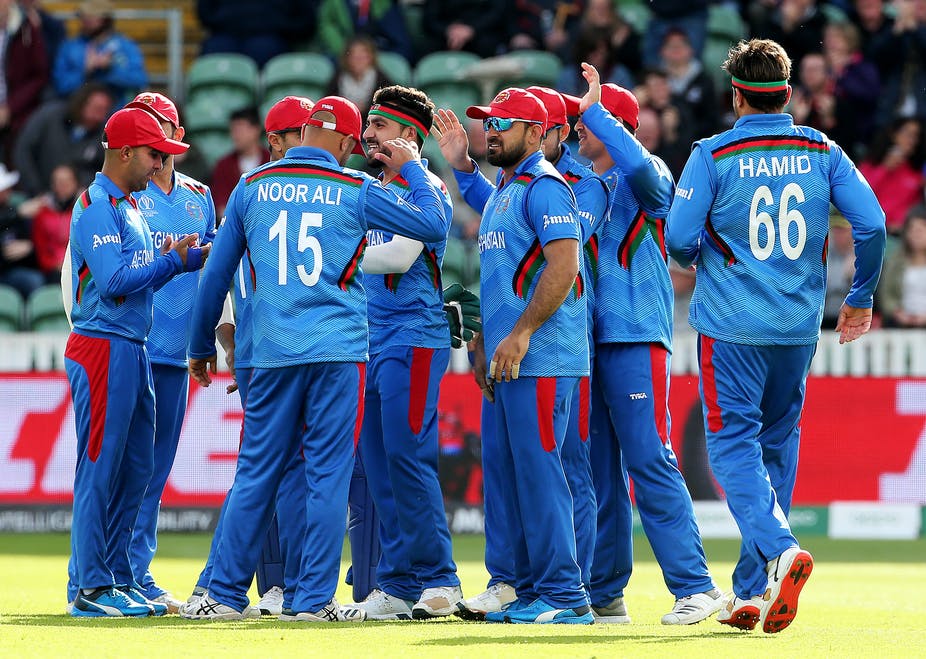Afghanistan are minnows only in name and they will be a force to be reckoned with in a few years.
Cricket has played a big part of my life and it has taken me around the world, but if you had told me I’d be the Afghanistan batting coach, I wouldn’t have believed you. But here we are, in the last place I ever thought I’d be, with Lance Klusener as head coach of the national team and we’re up for one of the most exciting challenges in world cricket.
A few years ago Afghanistan were considered minnows, and in the minds of many they probably still are. The world rankings belie that view, though; the country is No 10 on the ODI list and No 7 in T20 cricket, ahead of Sri Lanka, Bangladesh and West Indies.
South Africans recently saw the Afghan U19s beat the young Proteas twice in the World Cup and they did so mainly with their spin bowlers. Having been involved with the senior squad since the beginning of March, I can assure you there’s a lot more to come. If Afghanistan’s spinners aren’t the best in world cricket, they’re not far off.
Talents like Rashid Khan, Mujeeb Ur Rahman, Mohammad Nabi and Shafiqullah Ghafari – he took 6-15 against South Africa in the U19 World Cup in Kimberley – have the spinning department well stocked, and my role is to help their batsmen come through.
It’s a matter of polishing the many diamonds that are there. The batsmen are able to hit the big sixes and fours and they play wrist-spin well. What is lacking is the amount of top-flight cricket they play – their calendar isn’t as full as other countries. Also, given the history of a nation that has been at war, they are in a similar situation to Pakistan in that they are at a disadvantage when it comes to visitors and they have to do a lot of travelling to practise, let alone play matches.
But, because of their hardships, the Afghans don’t have a fear of failure. They have huge ability and a rich cricketing tradition. The locals follow the game intensely, whether it be on the radio or streaming services. Their country has seen so much turmoil that they are willing to take on anyone and their ambition is to win every game and be the best versions of themselves that is possible.
The language barrier has made things a bit difficult but the players I work with are dedicated and once you earn their trust, it’s a healthy relationship. Lance and I have our team-talks through an interpreter. Some of the players who have been at the IPL and toured have a grasp of English but the interpreter helps us all.
Coronavirus has affected us, as it has everyone. We aren’t sure what the next few months will bring. We were due to go to South Africa for a camp and then play Zimbabwe in five T20s before the Asian Cup in September. You know as much as I do whether or not that will happen.
The pandemic has huge consequences for all societies and business is suffering. But I can only speak for what I know – cricket. There are the backroom people, the cameramen, engineers, directors and freelance commentators, who are all out of jobs until cricket resumes. It’s desperately sad for everyone concerned.
But I love the game and I worked hard on my coaching credentials when I moved to Australia so when Lance gave me a call to offer me the role as batting coach with Afghanistan I jumped at the opportunity. Given the fairly limited amount of international cricket they play, they will only get better the more they are involved. They will grow from being involved in more pressure situations and tight matches with a lot on the line in the middle. I can assure you that Afghanistan can no longer be written off as a soft touch.







